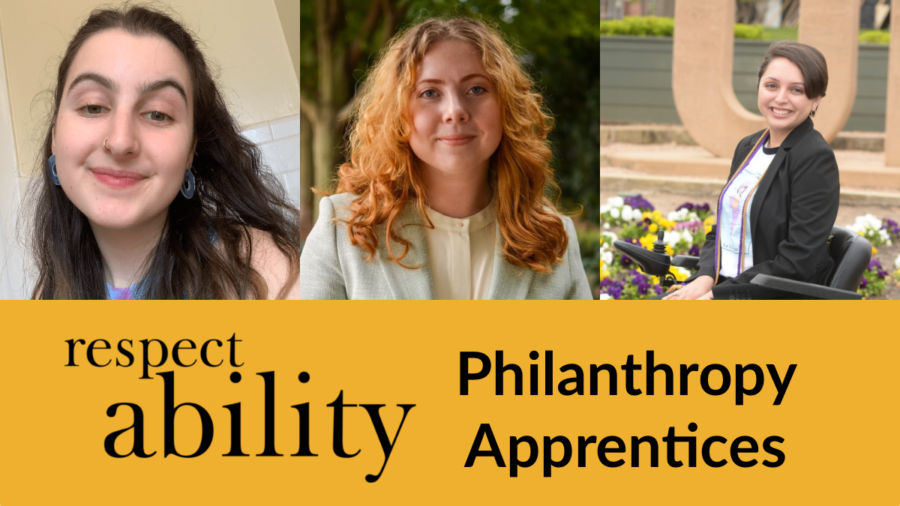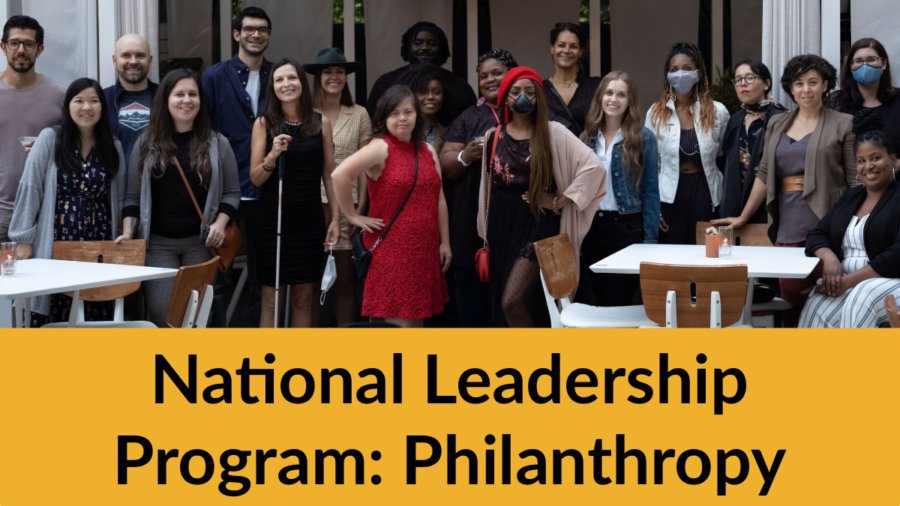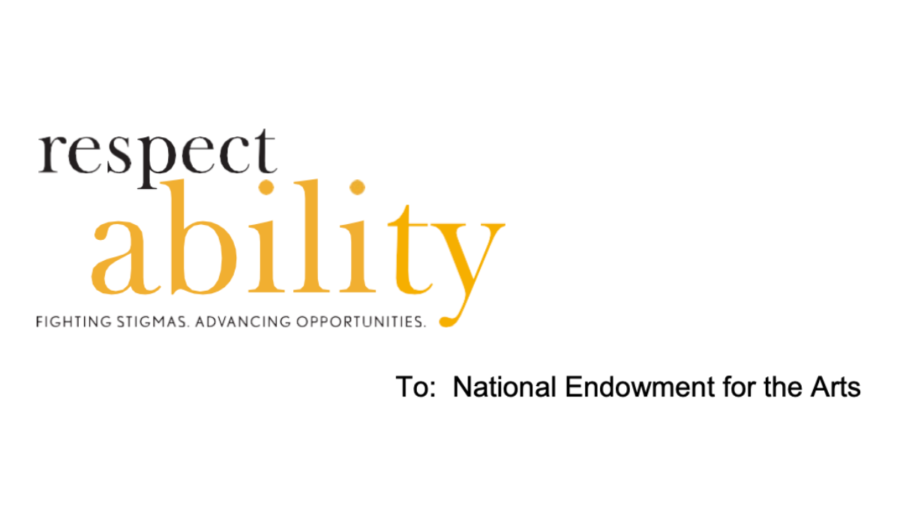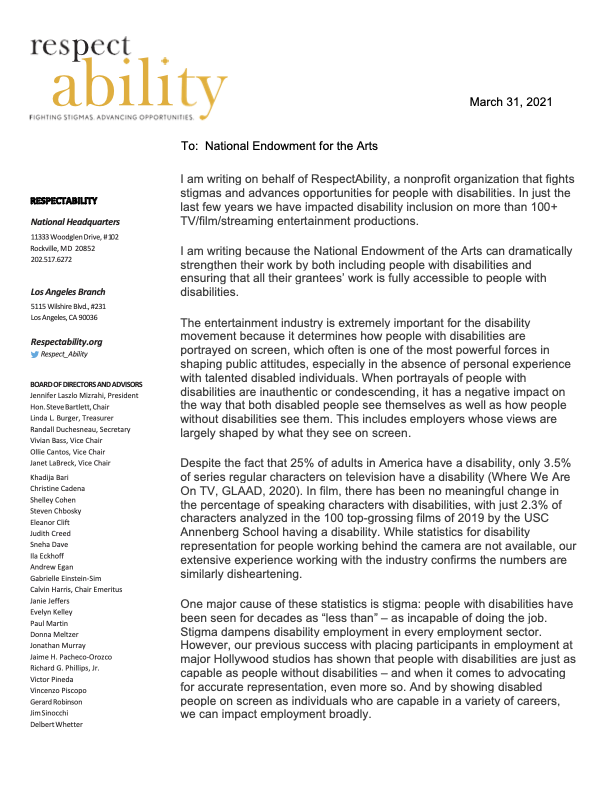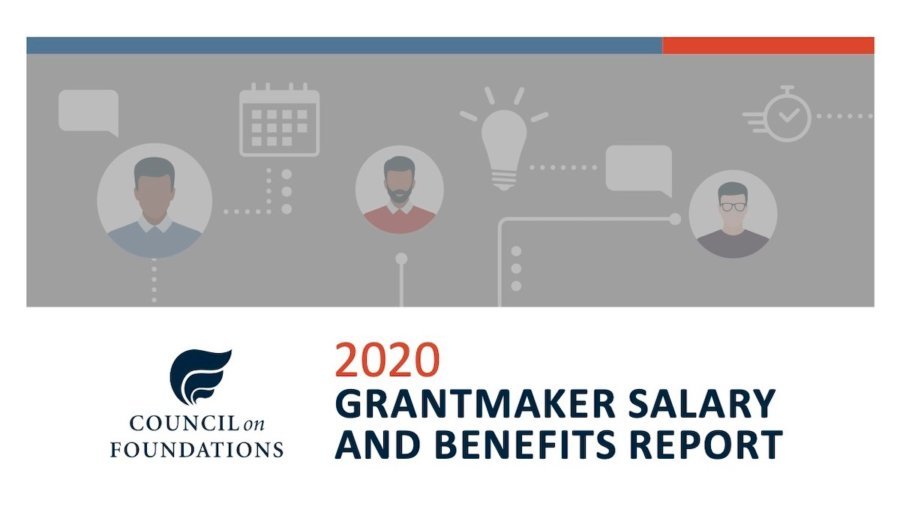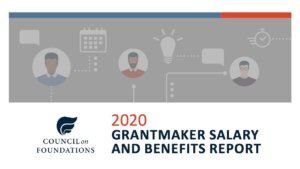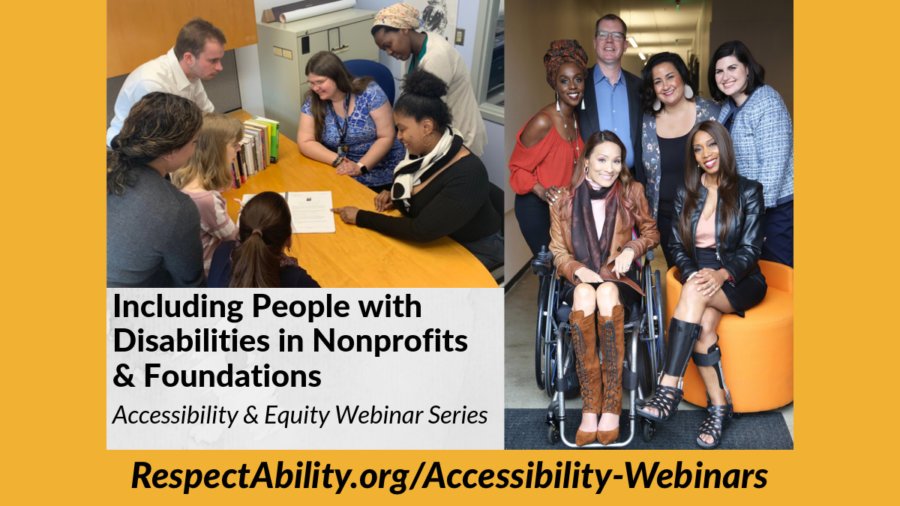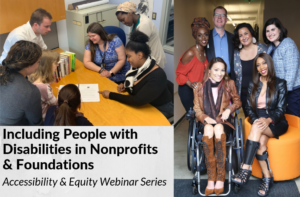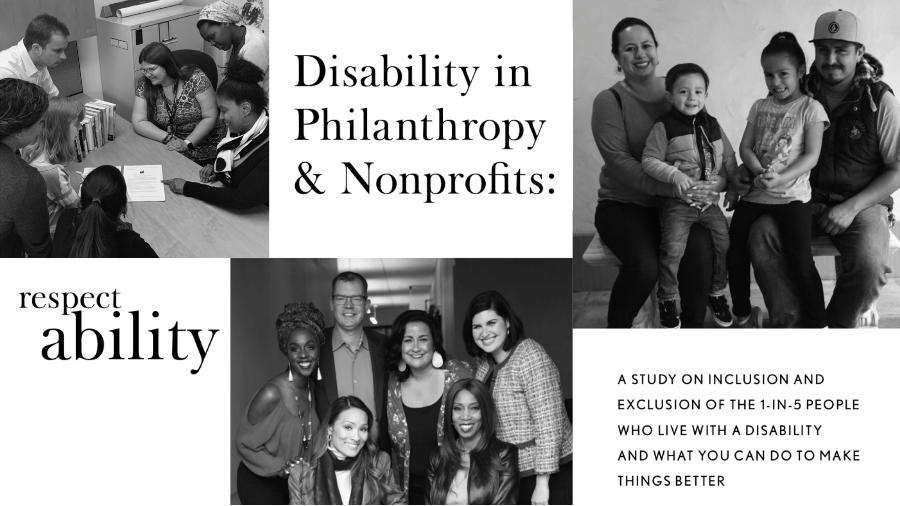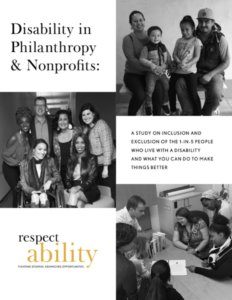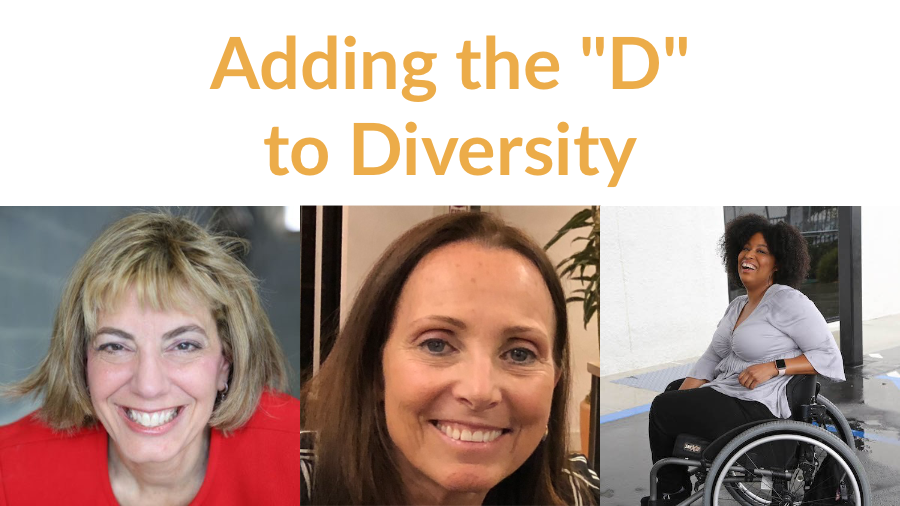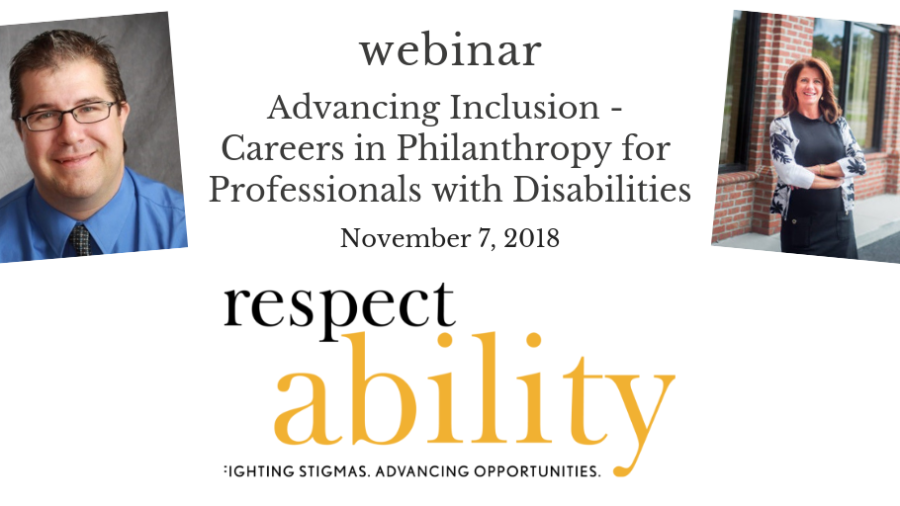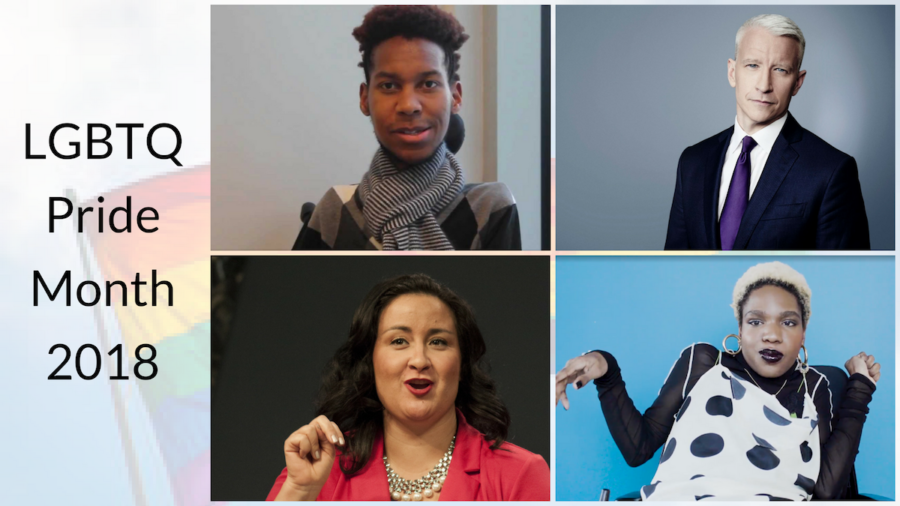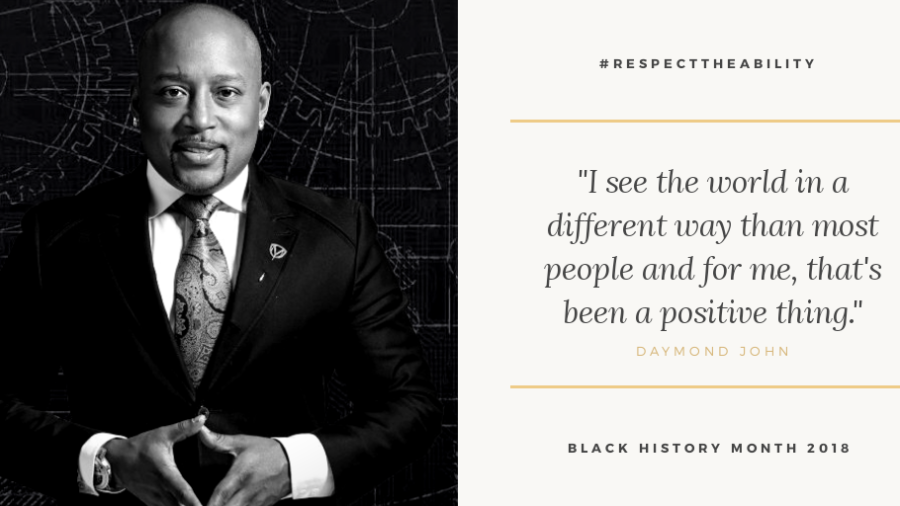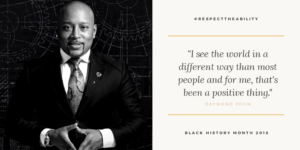Los Angeles, CA, February 18 – RespectAbility is proud to announce that our first Philanthropy Apprentices in the National Leadership Program have completed their training and been directly placed with partner organizations. Thanks to the generous support of the John D. and Catherine T. MacArthur Foundation, Ari Katz, Georgia Carr and Alejandra Tristan have brought disability visibility to the philanthropic sector. The National Leadership Program allowed Apprentices to “earn while they learned,” then transition into new jobs. Each apprentice found employment that supported a cause unique to their interests.
“It is vital for diversity programs to include people with disabilities,” said Hon. Steve Bartlett, Chair Emeritus of RespectAbility. Bartlett was lead co-author the Americans with Disabilities Act when he served in Congress. “We have come a long way on disability rights, but we need to ensure that people with disabilities are at all decision-making tables – and that includes in philanthropy. We are grateful to MacArthur for recognizing the importance of full inclusion and access for people with disabilities.” [continue reading…]


